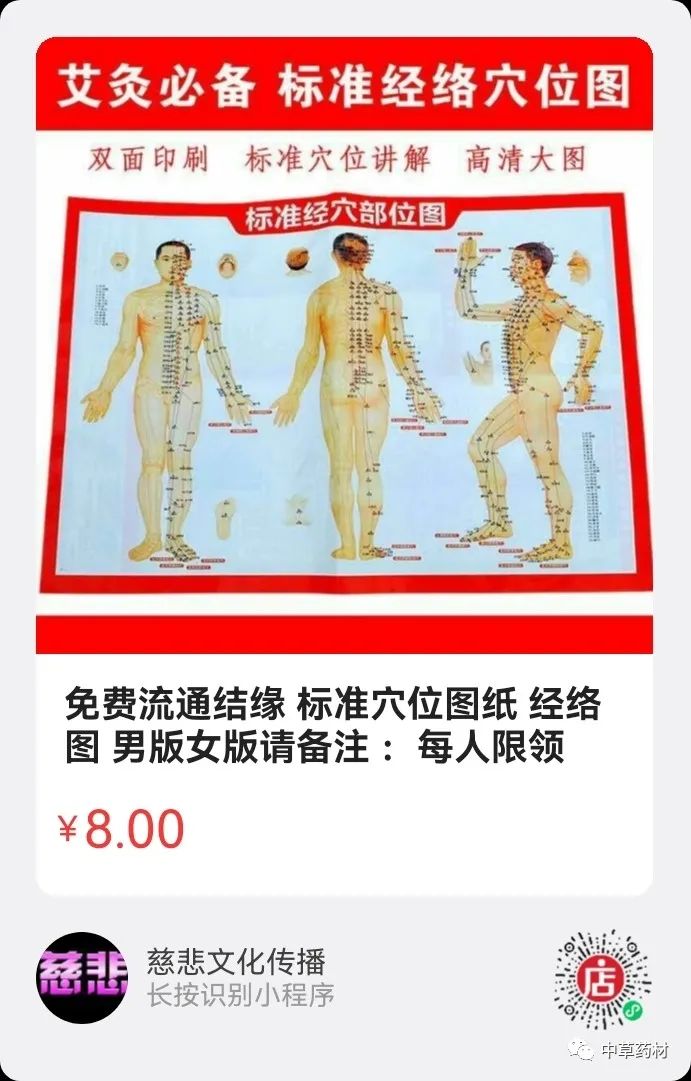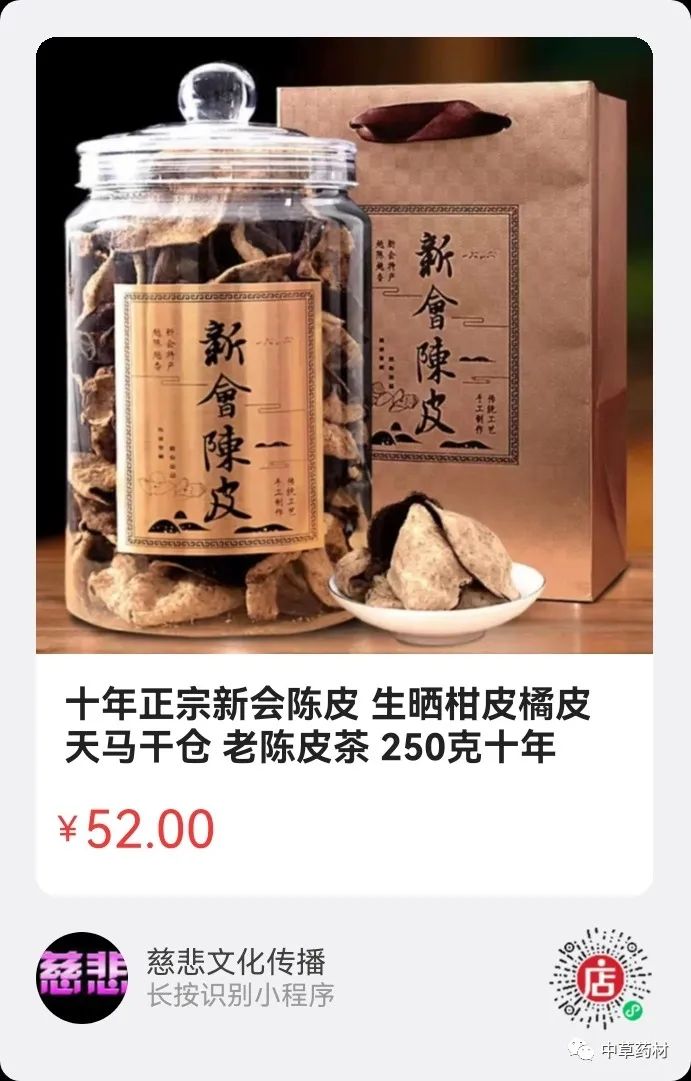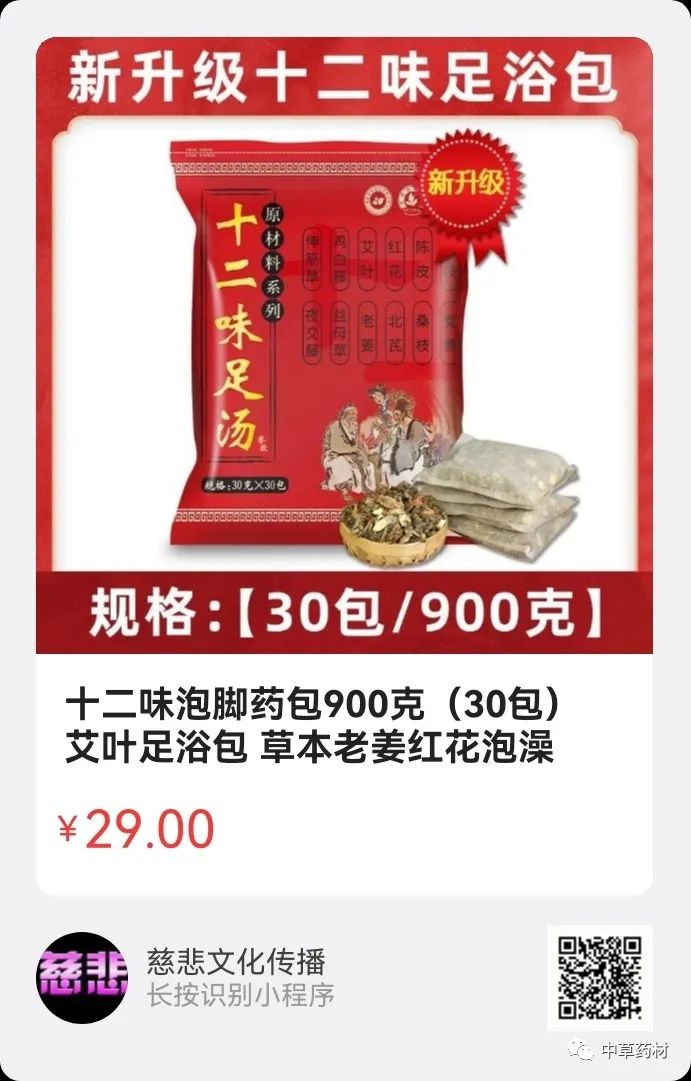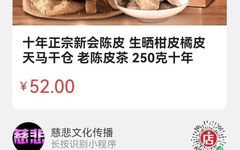The Huangdi Neijing (Yellow Emperor’s Inner Canon) is divided into two parts: Ling Shu (Spiritual Pivot) and Su Wen (Simple Questions). It is said to have originated from the Yellow Emperor, Xuanyuan, and has been passed down orally through generations, later supplemented and developed by physicians and medical theorists, culminating in its compilation during the Spring and Autumn and Warring States periods.In the dialogues between the Yellow Emperor, Qi Bo, and Lei Gong, it elucidates the mechanisms and pathology of diseases while advocating for the treatment of diseases before they manifest, emphasizing health preservation, longevity, and vitality. It is one of the four great classical texts of traditional Chinese medicine (TCM) alongside Nanjing (Classic of Difficult Issues), Shanghan Zabing Lun (Treatise on Cold Damage and Miscellaneous Diseases), and Shennong Bencao Jing (Shennong’s Classic of Materia Medica), and is the earliest existing medical classic in China’s medical treasury.Theoretical foundations established in this text include the theories of Yin-Yang, Five Elements, Pulse Diagnosis, and Zangxiang (Organ-Viscera Theory). It is indeed the framework of TCM! Summary
Summary For issues related to tendons, treat the liver (Gan); for issues related to bones, treat the kidneys (Shen); for issues related to muscles, treat the spleen (Pi) and stomach (Wei); for issues related to blood vessels, treat the heart (Xin); for skin and hair issues, treat the lungs (Fei).
For issues related to tendons, treat the liver (Gan); for issues related to bones, treat the kidneys (Shen); for issues related to muscles, treat the spleen (Pi) and stomach (Wei); for issues related to blood vessels, treat the heart (Xin); for skin and hair issues, treat the lungs (Fei). Five Organs
Five Organs 1. Heart (Xin): The heart is the residence of the spirit, the master of blood, and the root of the pulse. It belongs to the fire element; physiological functions include: ① governing blood vessels; ② governing consciousness; the heart opens to the tongue, connects with the pulse, manifests on the face, corresponds to joy, and is associated with sweat. The heart and small intestine are interrelated.2. Lungs (Fei): The lungs are the place of the corporeal soul and the master of qi, belonging to the metal element; physiological functions include: ① governing qi and respiration; ② regulating the dispersal and descending of qi; ③ managing the water pathways; ④ controlling the hundred vessels and treating stagnation; assisting the heart in regulating qi and blood circulation; the lungs connect to the throat, manifest on the skin, correspond to hair, open to the nose, relate to worry, and are associated with mucus. The lungs and large intestine are interrelated.3. Spleen (Pi): The spleen is the source of qi and blood transformation, the foundation of postnatal life, and stores intention, belonging to the earth element. Physiological functions include: ① governing transportation and transformation; ② raising clear qi; ③ controlling blood; it opens to the mouth, connects with the flesh, governs the limbs, manifests on the lips, corresponds to thought, and is associated with saliva; the spleen and stomach are interrelated.4. Liver (Gan): The liver is the place of the ethereal soul, the storehouse of blood, and the root of tendons, belonging to the wood element. Physiological functions include: ① governing the smooth flow of qi; ② storing blood; it opens to the eyes, connects with the tendons, manifests on the nails, corresponds to anger, and is associated with tears; the liver and gallbladder are interrelated.5. Kidneys (Shen): The kidneys are the foundation of pre-natal essence, store will, and the waist is the organ of the kidneys, belonging to the water element. Physiological functions include: ① storing essence, governing growth, development, and reproduction; ② governing water; ③ managing the intake of qi; they are associated with bones, govern bone marrow, manifest on hair, open to the ears and the two yin (anus and perineum), correspond to fear, and are associated with saliva; the kidneys and bladder are interrelated.
1. Heart (Xin): The heart is the residence of the spirit, the master of blood, and the root of the pulse. It belongs to the fire element; physiological functions include: ① governing blood vessels; ② governing consciousness; the heart opens to the tongue, connects with the pulse, manifests on the face, corresponds to joy, and is associated with sweat. The heart and small intestine are interrelated.2. Lungs (Fei): The lungs are the place of the corporeal soul and the master of qi, belonging to the metal element; physiological functions include: ① governing qi and respiration; ② regulating the dispersal and descending of qi; ③ managing the water pathways; ④ controlling the hundred vessels and treating stagnation; assisting the heart in regulating qi and blood circulation; the lungs connect to the throat, manifest on the skin, correspond to hair, open to the nose, relate to worry, and are associated with mucus. The lungs and large intestine are interrelated.3. Spleen (Pi): The spleen is the source of qi and blood transformation, the foundation of postnatal life, and stores intention, belonging to the earth element. Physiological functions include: ① governing transportation and transformation; ② raising clear qi; ③ controlling blood; it opens to the mouth, connects with the flesh, governs the limbs, manifests on the lips, corresponds to thought, and is associated with saliva; the spleen and stomach are interrelated.4. Liver (Gan): The liver is the place of the ethereal soul, the storehouse of blood, and the root of tendons, belonging to the wood element. Physiological functions include: ① governing the smooth flow of qi; ② storing blood; it opens to the eyes, connects with the tendons, manifests on the nails, corresponds to anger, and is associated with tears; the liver and gallbladder are interrelated.5. Kidneys (Shen): The kidneys are the foundation of pre-natal essence, store will, and the waist is the organ of the kidneys, belonging to the water element. Physiological functions include: ① storing essence, governing growth, development, and reproduction; ② governing water; ③ managing the intake of qi; they are associated with bones, govern bone marrow, manifest on hair, open to the ears and the two yin (anus and perineum), correspond to fear, and are associated with saliva; the kidneys and bladder are interrelated. Six Bowels
Six Bowels 1. Gallbladder (Dan): Physiological function: stores and excretes bile, governs decision-making.2. Stomach (Wei): Physiological function: receives and digests food and fluids, harmonizing through descent.3. Small Intestine (Xiao Chang): Physiological function: governs reception and transformation of substances, separating the clear from the turbid; “the small intestine governs fluids”.4. Large Intestine (Da Chang): Physiological function: transmits and transforms waste, governs fluids.5. Bladder (Pang Guang): Physiological function: stores and excretes urine, relying on the kidney’s qi transformation function.6. San Jiao (Triple Burner): Physiological function: facilitates the flow of original qi, governs the qi mechanism and transformation, serving as the pathway for water and fluids.
1. Gallbladder (Dan): Physiological function: stores and excretes bile, governs decision-making.2. Stomach (Wei): Physiological function: receives and digests food and fluids, harmonizing through descent.3. Small Intestine (Xiao Chang): Physiological function: governs reception and transformation of substances, separating the clear from the turbid; “the small intestine governs fluids”.4. Large Intestine (Da Chang): Physiological function: transmits and transforms waste, governs fluids.5. Bladder (Pang Guang): Physiological function: stores and excretes urine, relying on the kidney’s qi transformation function.6. San Jiao (Triple Burner): Physiological function: facilitates the flow of original qi, governs the qi mechanism and transformation, serving as the pathway for water and fluids. Twelve Meridians
Twelve Meridians In a day, there are twelve time periods, each corresponding to a meridian, connecting end to end like an endless loop. By mastering your body, you grasp the secrets of longevity and health!Zi Hour (子时): 23:00–1:00 Gallbladder Meridian: Deep sleep! The gallbladder needs metabolism; sleeping at this hour allows it to complete its metabolic processes. The heart’s function is weakest at this time, so those with heart conditions should prepare heart-saving pills.Chou Hour (丑时): 1:00–3:00 Liver Meridian: Deep sleep! This is the best time for liver repair; waste blood needs to be eliminated, and fresh blood needs to be produced, which must be completed during this hour. One must enter deep sleep to provide the liver with sufficient energy. If not asleep, the liver continues to expend energy to support thinking and actions, failing to complete metabolism, leading to potential liver disease.Yin Hour (寅时): 3:00–5:00 Lung Meridian: The transformation of yin and yang begins at this moment. The body enters a phase of yang dominance and yin decline. The lung meridian is most active at this time. The liver supplies blood to the lungs, which then distributes it throughout the body. At this moment, the body requires a large amount of oxygen. Patients with lung diseases or asthma should take their medication during this hour for better efficacy than during the day.Yao Hour (卯时): 5:00–7:00 Large Intestine Meridian: Bowel movement! Drink a cup of warm water before this. The large intestine meridian is active, absorbing moisture and nutrients from food while expelling waste.Chen Hour (辰时): 7:00–9:00 Stomach Meridian: Don’t forget breakfast! The stomach continuously secretes gastric acid at this time; if you go too long without eating, you risk ulcers, gastritis, duodenitis, and cholecystitis!Si Hour (巳时): 9:00–11:00 Spleen Meridian: Drink water! (Drink more water at this time) The spleen is the coordinator of digestion, absorption, and excretion. The spleen is the foundation of postnatal life. To nourish the spleen: Yi Yi Ren (Job’s Tears), Hong Dou (Red Beans), and Shan Yao (Chinese Yam) porridge. Throughout the day, aim for about 2000ml of water, approximately five bottles of mineral water, and avoid any beverages.Wu Hour (午时): 11:00–13:00 Heart Meridian: Take a short nap. The heart drives blood circulation, nourishing the spirit, qi, and tendons. A brief nap is greatly beneficial for heart health, providing energy for the afternoon and evening. Note: Naps should not exceed 30 minutes, as longer naps can disrupt sleep and lead to insomnia at night.Wei Hour (未时): 13:00–15:00 Small Intestine Meridian: The small intestine adjusts the day’s nutrition during this time. If there is heat in the small intestine, the body will experience belching and gas. Therefore, lunch should be consumed before 1:00 PM to ensure nutrients are absorbed.Shen Hour (申时): 15:00–17:00 Bladder Meridian: Urination! The bladder expels fluids from the body. If there is heat in the bladder, it can lead to bladder cough, which is coughing with urinary incontinence. The bladder is most active, so it’s a good time to drink more water. Do not hold in urine at this time, as it can lead to “urinary retention”.You Hour (酉时): 17:00–19:00 Kidney Meridian: The kidneys are the essence of reproduction and the essence of the five organs and six bowels. After the Shen hour, the body expels fire and toxins, and the kidneys enter a time of storing essence. This is a crucial time for men. For those with kidney issues, massaging the kidney meridian at this time is most effective.Xu Hour (戌时): 19:00–21:00 Pericardium Meridian: This time creates conditions for peaceful sleep. Maintain a calm mindset.Hai Hour (亥时): 21:00–23:00 San Jiao Meridian: Time to sleep! This is when the San Jiao, the largest organ, operates, governing all qi and facilitating the flow of water. During the Hai hour, the San Jiao connects with all meridians, allowing for rest and rejuvenation.
In a day, there are twelve time periods, each corresponding to a meridian, connecting end to end like an endless loop. By mastering your body, you grasp the secrets of longevity and health!Zi Hour (子时): 23:00–1:00 Gallbladder Meridian: Deep sleep! The gallbladder needs metabolism; sleeping at this hour allows it to complete its metabolic processes. The heart’s function is weakest at this time, so those with heart conditions should prepare heart-saving pills.Chou Hour (丑时): 1:00–3:00 Liver Meridian: Deep sleep! This is the best time for liver repair; waste blood needs to be eliminated, and fresh blood needs to be produced, which must be completed during this hour. One must enter deep sleep to provide the liver with sufficient energy. If not asleep, the liver continues to expend energy to support thinking and actions, failing to complete metabolism, leading to potential liver disease.Yin Hour (寅时): 3:00–5:00 Lung Meridian: The transformation of yin and yang begins at this moment. The body enters a phase of yang dominance and yin decline. The lung meridian is most active at this time. The liver supplies blood to the lungs, which then distributes it throughout the body. At this moment, the body requires a large amount of oxygen. Patients with lung diseases or asthma should take their medication during this hour for better efficacy than during the day.Yao Hour (卯时): 5:00–7:00 Large Intestine Meridian: Bowel movement! Drink a cup of warm water before this. The large intestine meridian is active, absorbing moisture and nutrients from food while expelling waste.Chen Hour (辰时): 7:00–9:00 Stomach Meridian: Don’t forget breakfast! The stomach continuously secretes gastric acid at this time; if you go too long without eating, you risk ulcers, gastritis, duodenitis, and cholecystitis!Si Hour (巳时): 9:00–11:00 Spleen Meridian: Drink water! (Drink more water at this time) The spleen is the coordinator of digestion, absorption, and excretion. The spleen is the foundation of postnatal life. To nourish the spleen: Yi Yi Ren (Job’s Tears), Hong Dou (Red Beans), and Shan Yao (Chinese Yam) porridge. Throughout the day, aim for about 2000ml of water, approximately five bottles of mineral water, and avoid any beverages.Wu Hour (午时): 11:00–13:00 Heart Meridian: Take a short nap. The heart drives blood circulation, nourishing the spirit, qi, and tendons. A brief nap is greatly beneficial for heart health, providing energy for the afternoon and evening. Note: Naps should not exceed 30 minutes, as longer naps can disrupt sleep and lead to insomnia at night.Wei Hour (未时): 13:00–15:00 Small Intestine Meridian: The small intestine adjusts the day’s nutrition during this time. If there is heat in the small intestine, the body will experience belching and gas. Therefore, lunch should be consumed before 1:00 PM to ensure nutrients are absorbed.Shen Hour (申时): 15:00–17:00 Bladder Meridian: Urination! The bladder expels fluids from the body. If there is heat in the bladder, it can lead to bladder cough, which is coughing with urinary incontinence. The bladder is most active, so it’s a good time to drink more water. Do not hold in urine at this time, as it can lead to “urinary retention”.You Hour (酉时): 17:00–19:00 Kidney Meridian: The kidneys are the essence of reproduction and the essence of the five organs and six bowels. After the Shen hour, the body expels fire and toxins, and the kidneys enter a time of storing essence. This is a crucial time for men. For those with kidney issues, massaging the kidney meridian at this time is most effective.Xu Hour (戌时): 19:00–21:00 Pericardium Meridian: This time creates conditions for peaceful sleep. Maintain a calm mindset.Hai Hour (亥时): 21:00–23:00 San Jiao Meridian: Time to sleep! This is when the San Jiao, the largest organ, operates, governing all qi and facilitating the flow of water. During the Hai hour, the San Jiao connects with all meridians, allowing for rest and rejuvenation. Conclusion
Conclusion The basic spirit and main content of the Huangdi Neijing include: holistic concepts, Yin-Yang and Five Elements, Zangxiang and meridians, etiology and pathogenesis, diagnostic methods and treatment principles, preventive health, and the theory of qi dynamics, among others. “Holistic concept” emphasizes that the human body and nature are an integrated whole, and that the structure and various parts of the body are interconnected. “Yin-Yang and Five Elements” is a theory used to explain the relationship of opposition and unity between things. “Zangxiang and Meridians” focuses on the physiological functions, pathological changes, and interrelationships of the five organs and six bowels, twelve meridians, and eight extraordinary vessels. “Etiology and Pathogenesis” elucidates the internal mechanisms of disease occurrence and change after various pathogenic factors act on the human body. “Diagnostic Methods and Treatment Principles” are the fundamental principles of TCM for understanding and treating diseases. “Preventive Health” systematically elaborates on TCM’s health preservation theories, summarizing important experiences in disease prevention. “Theory of Qi Dynamics” studies the impact of natural climate on human physiology and pathology, guiding people to seek benefits and avoid harm based on this.
The basic spirit and main content of the Huangdi Neijing include: holistic concepts, Yin-Yang and Five Elements, Zangxiang and meridians, etiology and pathogenesis, diagnostic methods and treatment principles, preventive health, and the theory of qi dynamics, among others. “Holistic concept” emphasizes that the human body and nature are an integrated whole, and that the structure and various parts of the body are interconnected. “Yin-Yang and Five Elements” is a theory used to explain the relationship of opposition and unity between things. “Zangxiang and Meridians” focuses on the physiological functions, pathological changes, and interrelationships of the five organs and six bowels, twelve meridians, and eight extraordinary vessels. “Etiology and Pathogenesis” elucidates the internal mechanisms of disease occurrence and change after various pathogenic factors act on the human body. “Diagnostic Methods and Treatment Principles” are the fundamental principles of TCM for understanding and treating diseases. “Preventive Health” systematically elaborates on TCM’s health preservation theories, summarizing important experiences in disease prevention. “Theory of Qi Dynamics” studies the impact of natural climate on human physiology and pathology, guiding people to seek benefits and avoid harm based on this.



Scan the QR code above to enter the store

